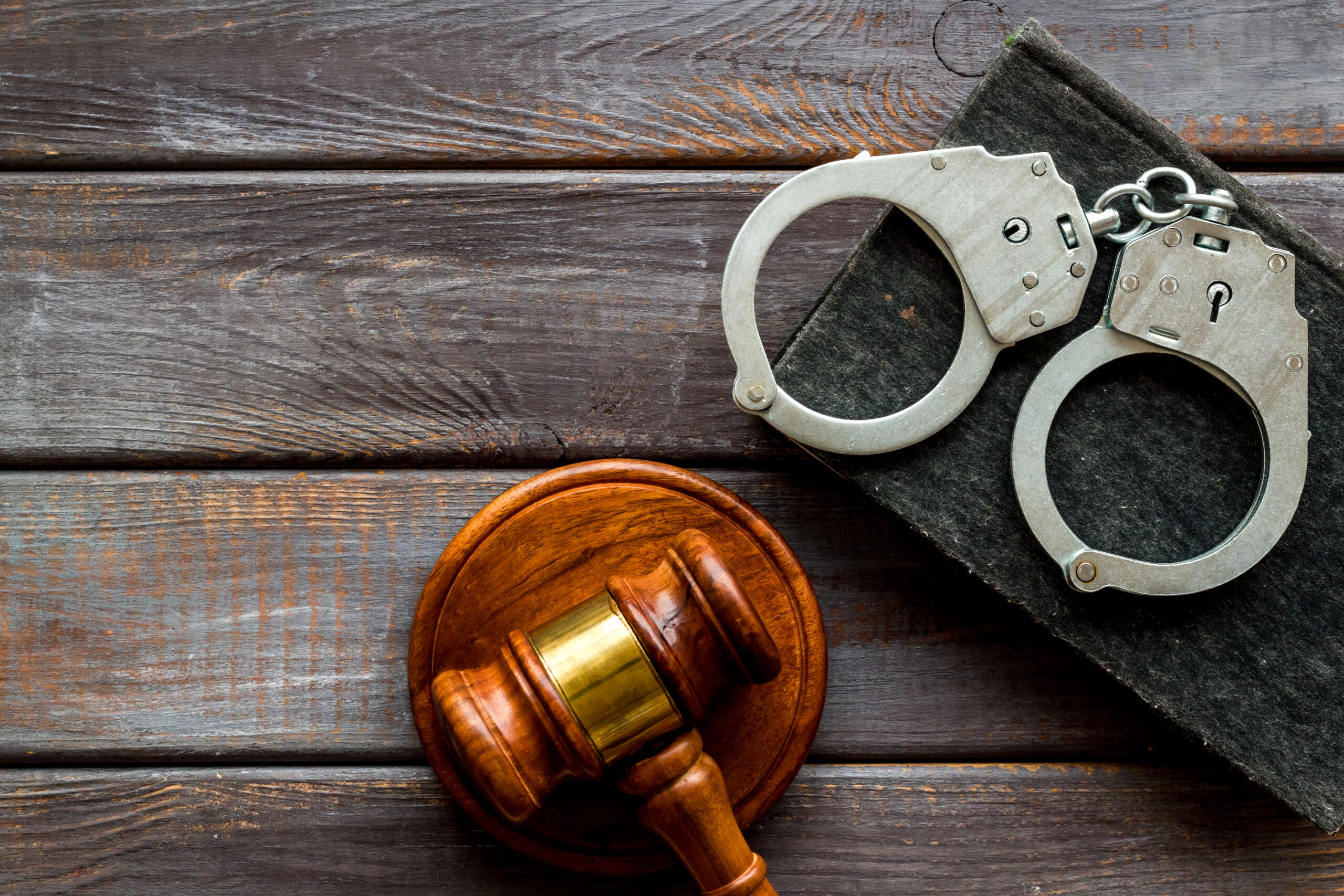The Recent Changes to Florida’s Stand your Ground Law

Recently, the Florida Supreme Court rule that the somewhat controversial Florida stand your ground law applies to law enforcement officials, just as it does to all civilians. This ruling expanded the boundaries of all justifiable homicides to grant police officers immunity to arrests jury trial and criminal prosecution when they acted in self-defense even when there is enough contradicting evidence. The recent amendments represent the steadily creeping distortion of justice that seems to intensify the ‘shoot first’ logic of self-defense using a weapon.
Just think about the case that concerns the 2013 July shooting death of Jermaine McBean (33 years) by Peter Peraza, a deputy sheriff in Broward County. It’s alleged that the policed covered up the issue to make the victim appear like he was an urgent threat. McBean had no criminal record and had bought an unloaded air rifle about four blocks from his home. The moment he didn’t respond when three deputy sheriffs approached him and asked him to stop, officer Peraza shot him dead! Later, the officer said he was acting in self-defense.
Has the Florida Stand Your Ground Law Become Worse?
“Stand your ground” statute makes it challenging to dispute outrageous claims that someone acted in self-defense. It was first drafted by a consortium of gun lobbyists and conservative lawmakers. It became the first of its nature in 2005. The statute stipulates that a law-abiding individual has no obligation to retreat from a perceived threat wherever they might legally be.
Recently, Slate’s Dahlia Lithwick explained that the statute stretches the traditional Castle Doctrine beyond one’s home. Indeed, it allows you to bring your castle wherever you are. Well, on the surface, the law grants a law-abiding individual the permission to use reasonable lethal force to protect themselves without first trying to retreat.
If civilian claims that they killed a person in self-defense because they felt their life threatened, there is a good chance the judge hearing the case will rule that the civilian’s fear was reasonable. In this case, the civilian will not be arrested or prosecuted.
If everyone acted in good faith and followed the law, this Florida stand your ground law would make our society a better place. Unfortunately, accumulating archive of evidence reveals that the statute has intensified existing injustices and made the criminalized populations vulnerable. Jamelle Bouie explains that this law redistributes the law enforcement power to civilians. That means ordinary citizens are more likely to use ‘lethal force’ in confrontations that can be resolved through nonviolent means.
Recent surveys conducted by public health, legal research, and social science institutions show that the law has increased homicide rates and amplified the race and gender biases in the criminal justice system. It appears that ‘Stand your ground’ statute has exacerbated racial imbalances, particularly in the adjudication of homicide cases.
Besides, women who defend themselves from violent spouses are often denied legal immunity. This is because their perception of threat may not be judged as reasonable. Additionally, the ostensibly universal concept of being a ‘law-abiding person’ rests in the eyes of the beholder.
Granting ‘stand your ground’ legal immunity to law enforcement officer is more troubling due to the recent amendments that shifted the burden of proof to the prosecution. Thanks to these changes, a defendant who says that they killed in self-defense doesn’t have to provide evidence that their perception of threat was reasonable. Instead, it’s up to the prosecution to provide sufficient evidence that the accused’s perception of fear wasn’t reasonable.




















